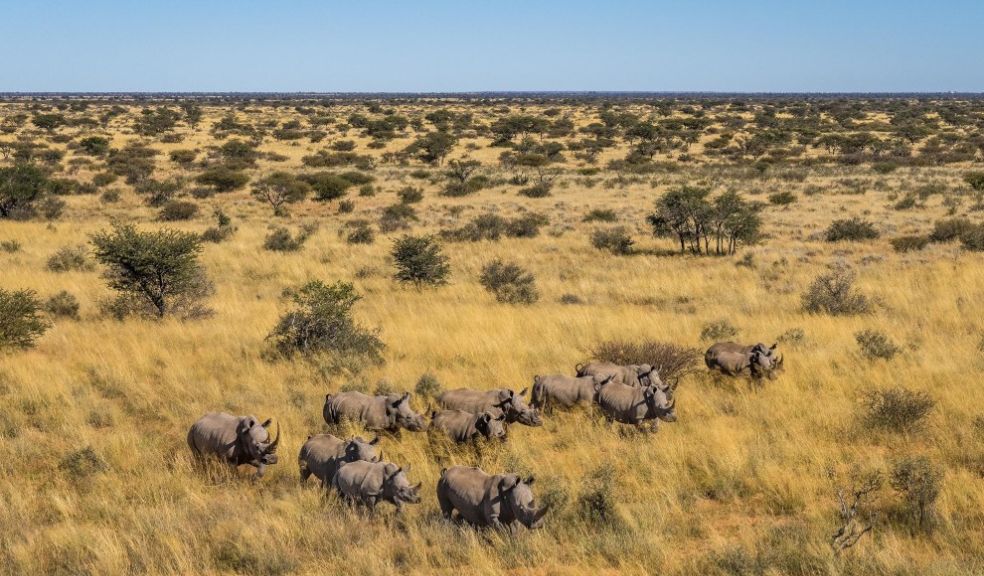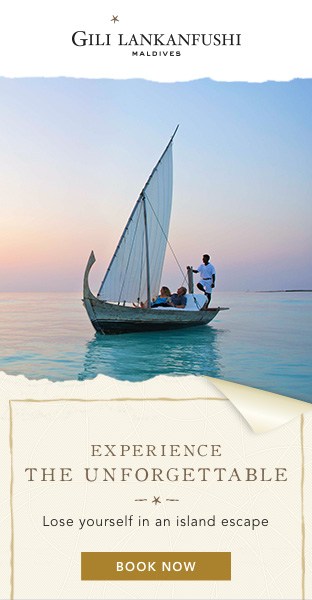
Tswalu Introduces Rhino Conservation Travel Experience
Tswalu Introduces Rhino Conservation Travel Experience
Tswalu, South Africa’s largest private game reserve, is introducing a conservation experience focusing on generic data collection of endangered rhino populations of the Southern Kalahari ecosystem. From April to September, holiday guests are welcomed to join the rhino notching initiative to analyze and support the genetic integrity of the protected rhino populations across South Africa after suffering a tragic decline over recent years.
During this intimate wildlife experience, trained trackers and veterinarians set out across the Kalahari to dart young rhinos, ideally between two and three years old. After marking and associating the rhino with a recorded number, the team plants a small microchip under the skin and horns for future identity and security purposes. DNA samples are then collected and later added into a global DNA database that helps track and prevent illegally traded rhino horns.
 During this encounter, guests form part of the ground crew and are invited to take part of this microchipping experience that includes helping to monitor the rhinos body temperature and breathing. The private rhino notching experience is $7,265 for 2022-2023 and covers the costs of a wildlife veterinarian, the specialized drugs in the darts, and flying expenses. Guests can further participate in Tswalu’s rhino recovery initiatives by donating directly to the reserve; first and foremost an ambitious conservation project that funds numerous research projects, geared towards understanding and conserving key species within the Kalahari ecosystem. All funds directly contribute to a credible and imperative rhino conservation project to re-establish populations where they can be protected.
During this encounter, guests form part of the ground crew and are invited to take part of this microchipping experience that includes helping to monitor the rhinos body temperature and breathing. The private rhino notching experience is $7,265 for 2022-2023 and covers the costs of a wildlife veterinarian, the specialized drugs in the darts, and flying expenses. Guests can further participate in Tswalu’s rhino recovery initiatives by donating directly to the reserve; first and foremost an ambitious conservation project that funds numerous research projects, geared towards understanding and conserving key species within the Kalahari ecosystem. All funds directly contribute to a credible and imperative rhino conservation project to re-establish populations where they can be protected.
As one of the many wildlife conservation experiences, Tswalu practices low-impact, high-value approaches to sustainable ecotourism to help fund the critical conservation work for future generations. Tswalu’s conservation goals focus on restoring the natural environment, re-establishing and protecting biodiversity, and maintaining the Kalahari’s characteristic ecological processes, all carried out through environmental research supported by the Tswalu Foundation. The Tswalu Foundation is a world leader in the field of environmental research within the southern Kalahari. However, the benefits of the targeted research extend beyond Tswalu, adding to a collective knowledge base that has already assisted conservationists in wilderness areas in other parts of Africa as well as those working in academic fields.
















